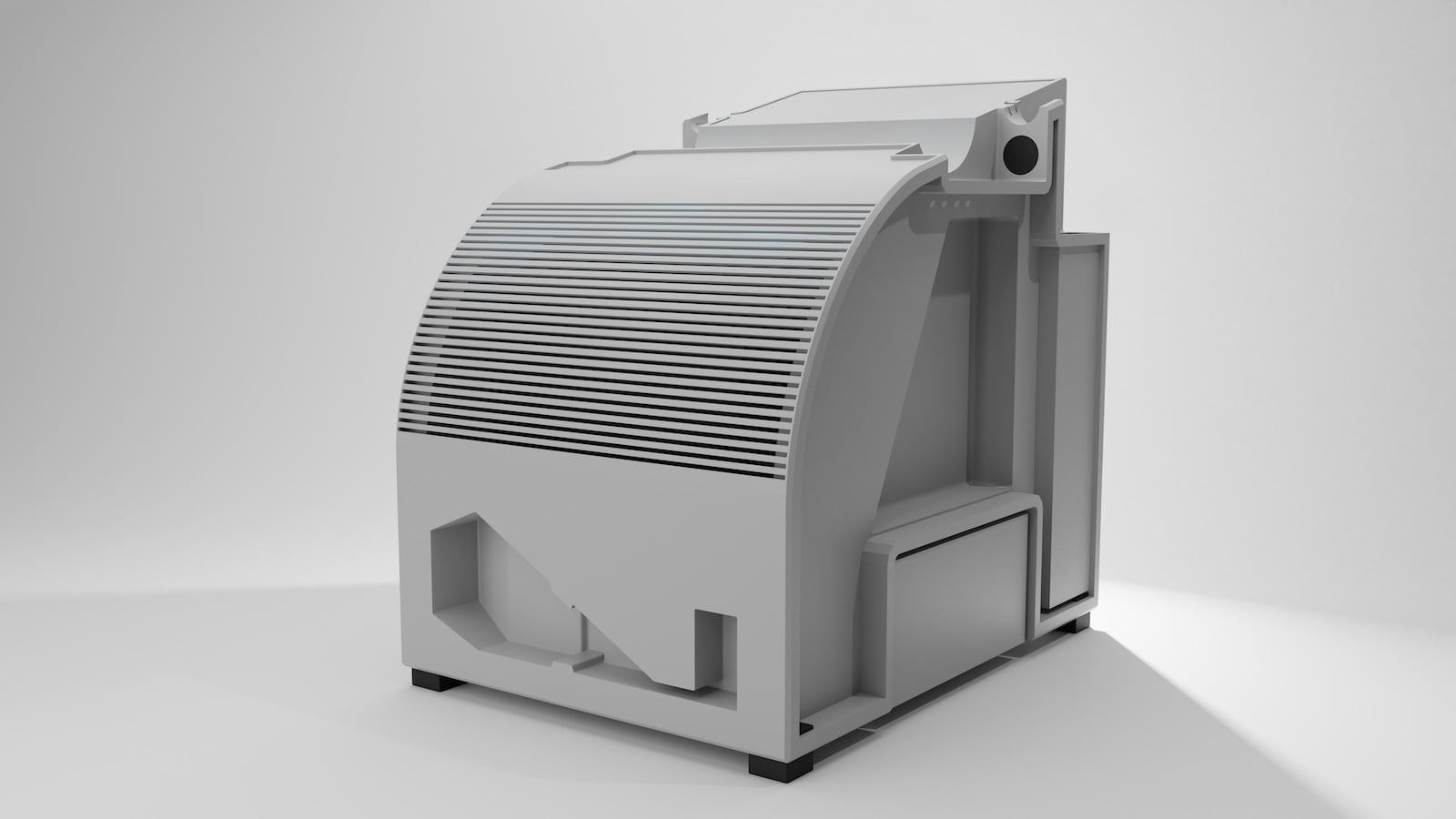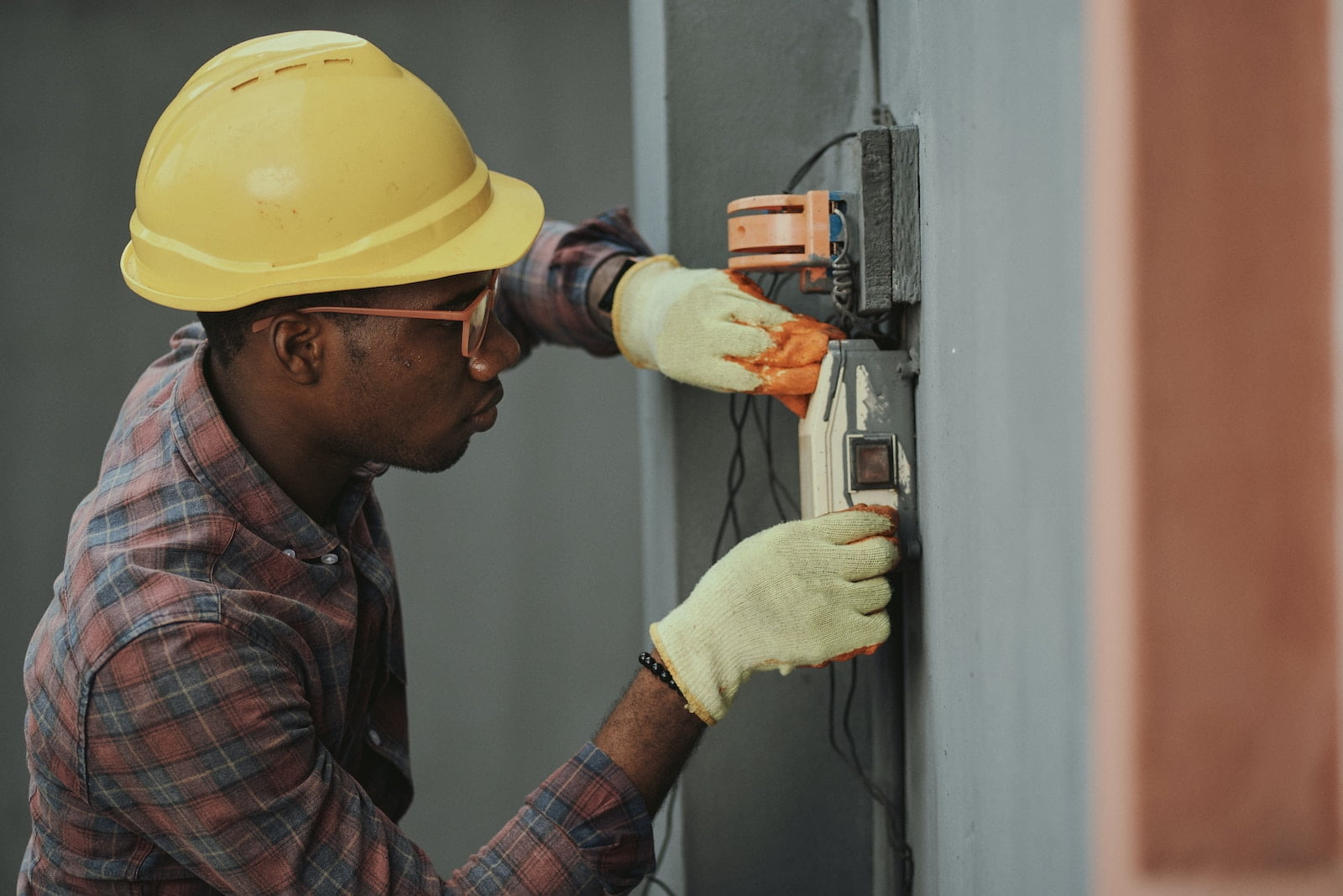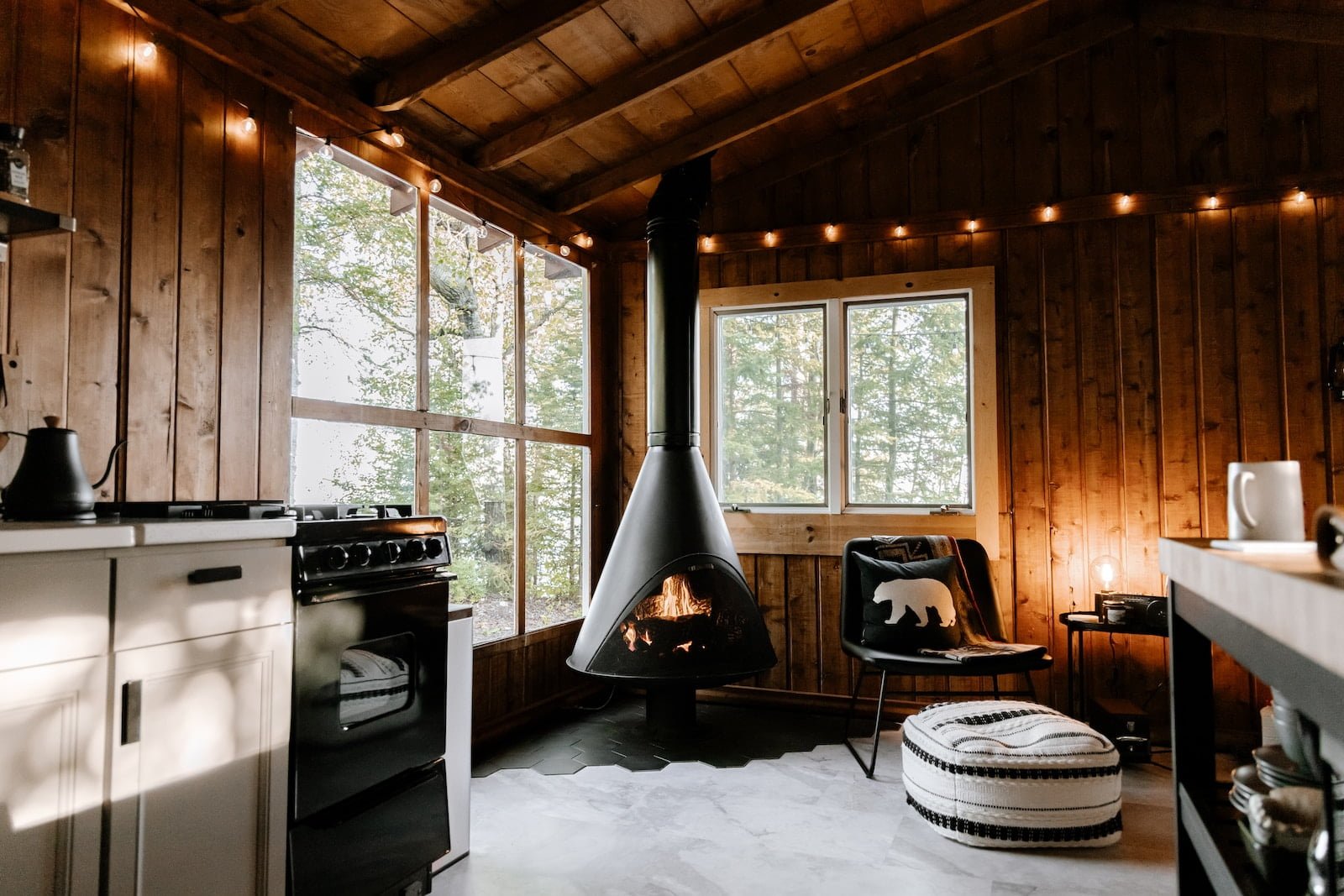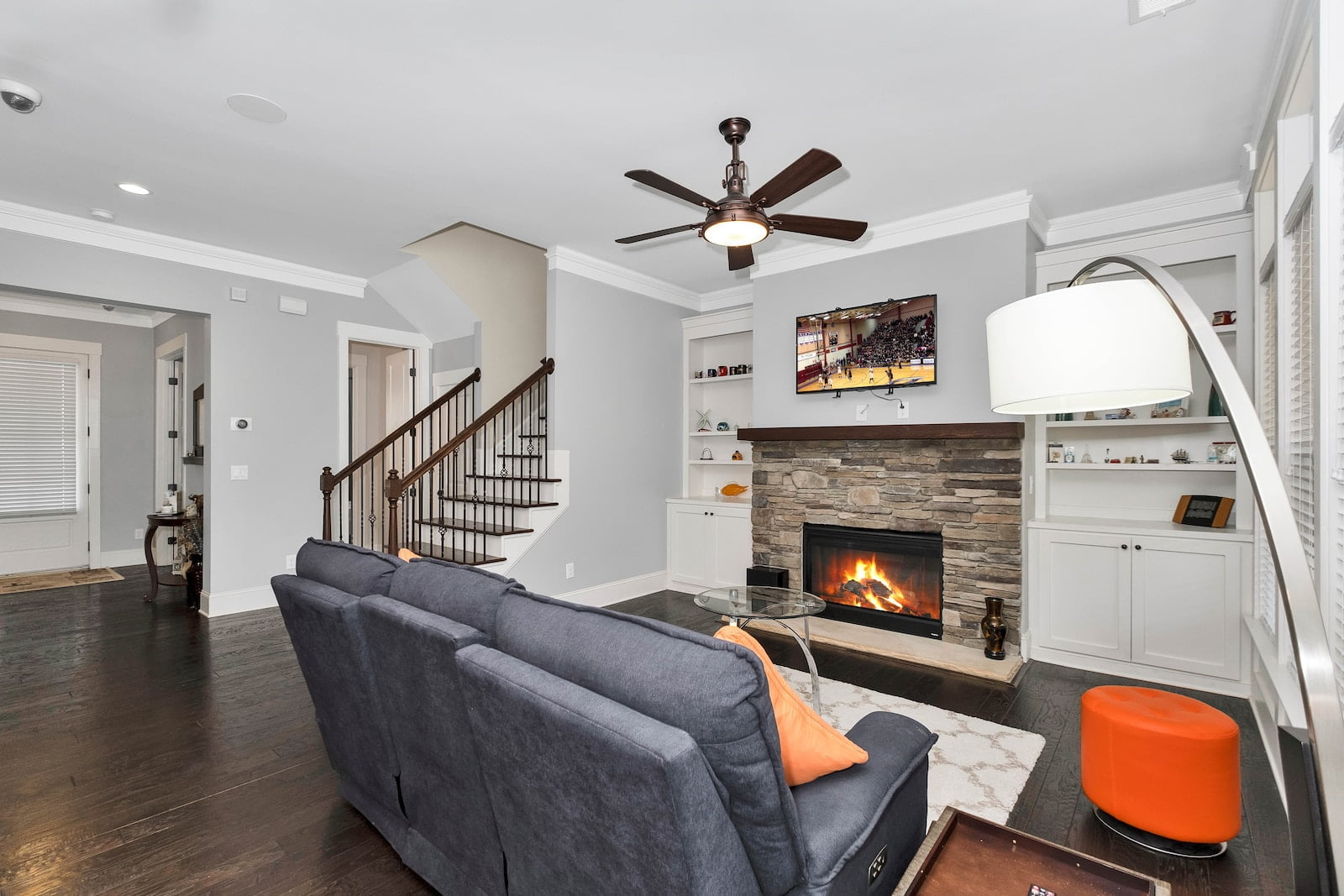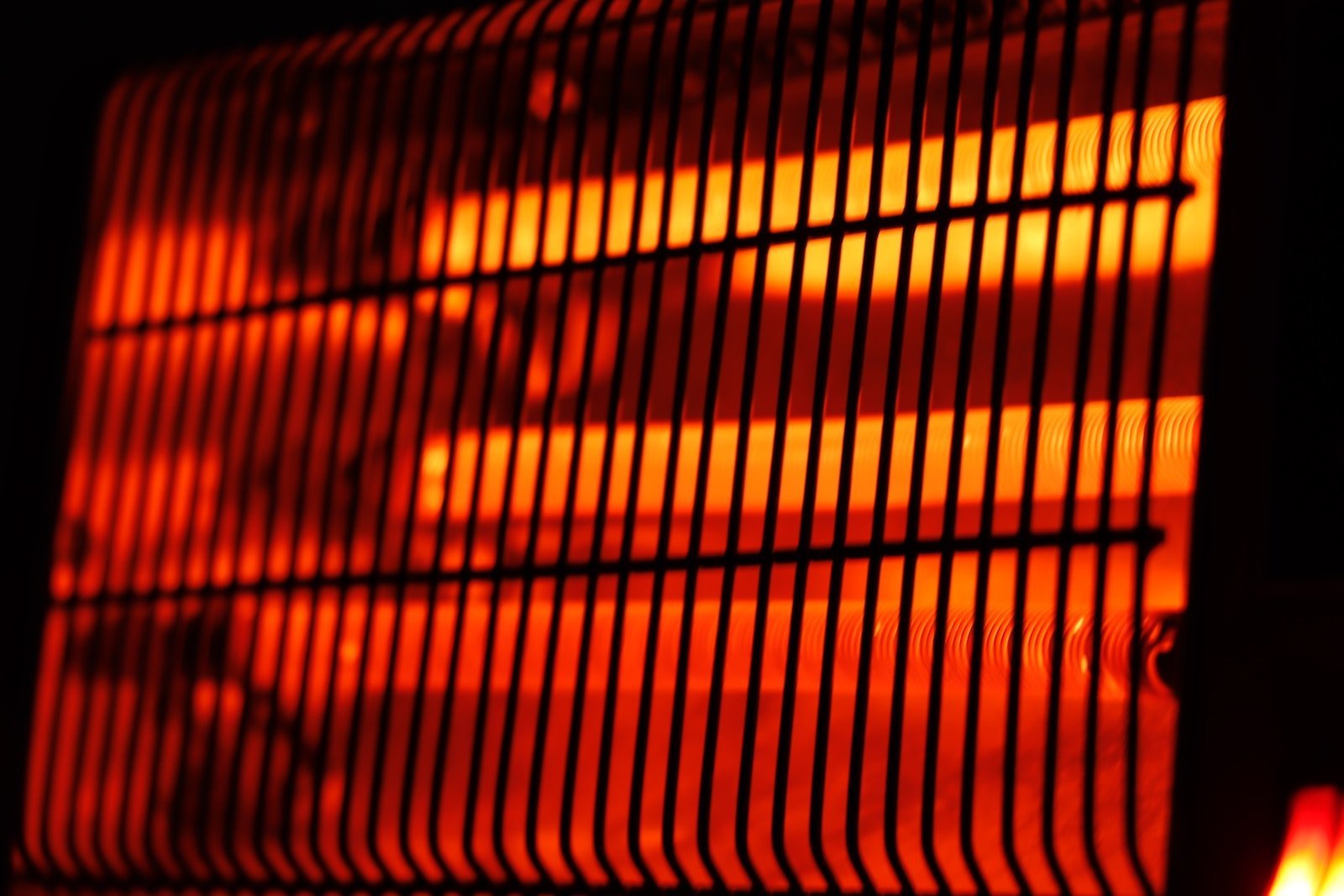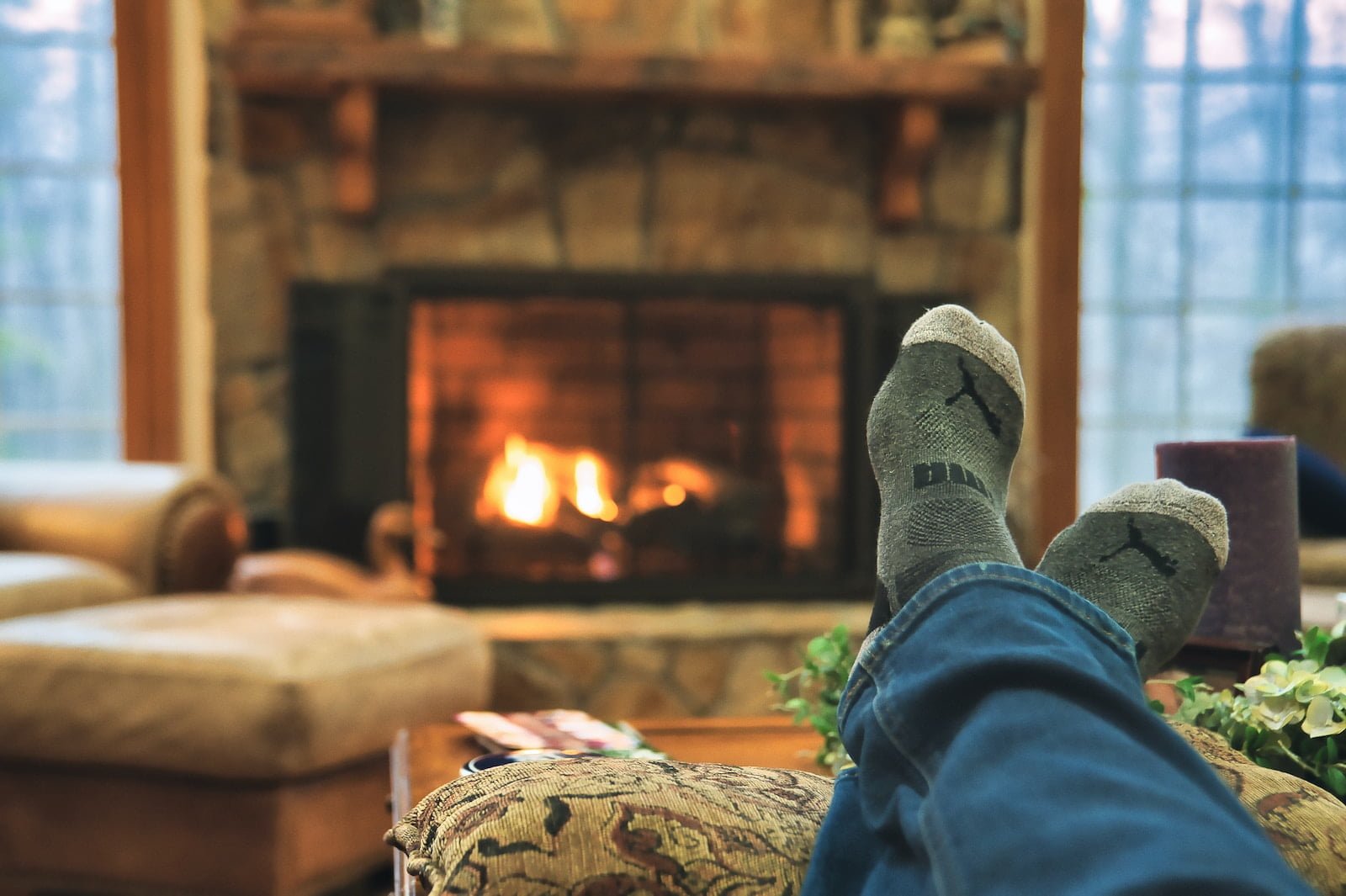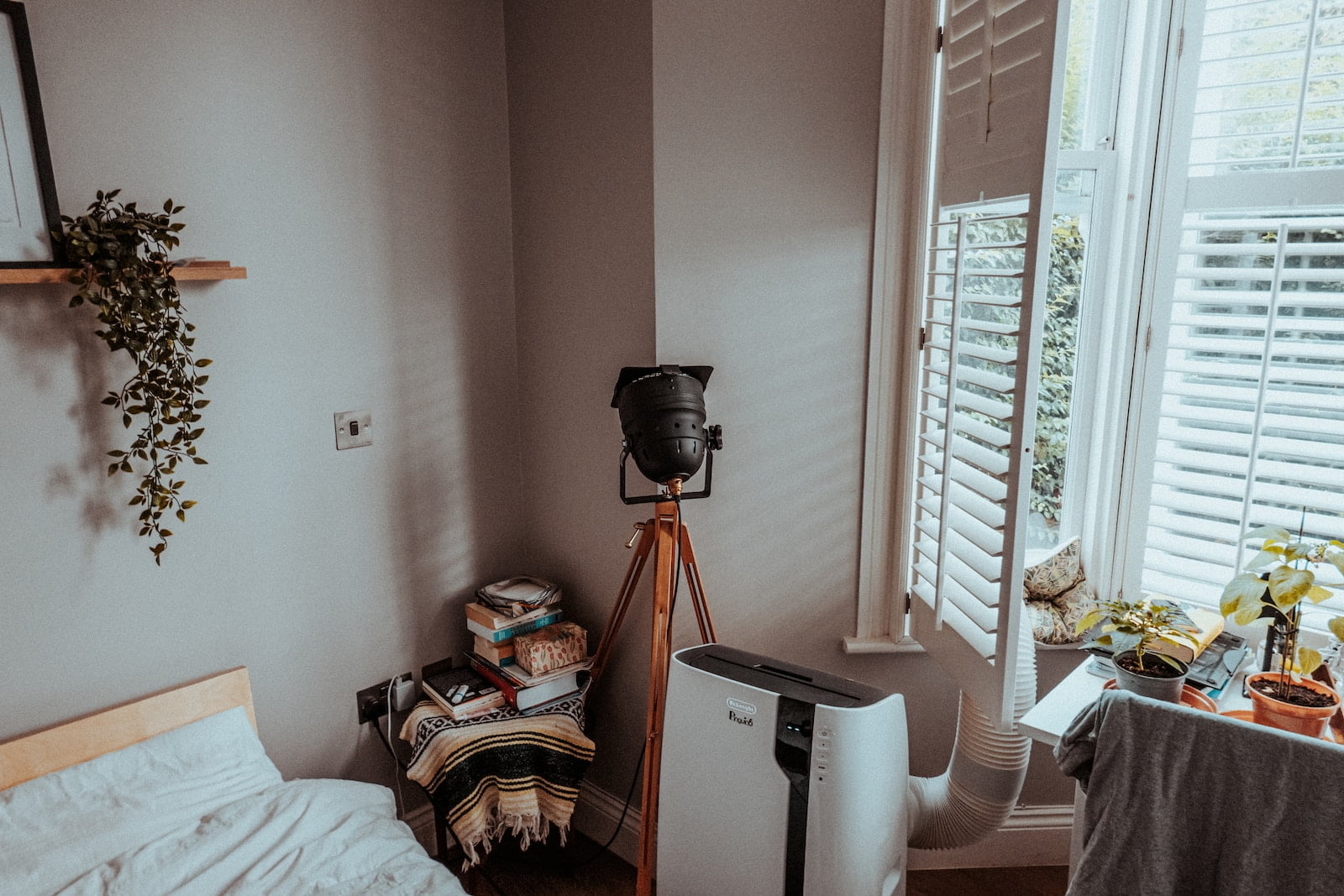DIY Air Conditioning Repair: Fix Your AC Like a Pro!
During the hot summer months, air conditioning becomes a necessity for most homeowners. However, when your AC unit suddenly stops working, it can be frustrating and uncomfortable. Not to mention, hiring a professional to fix it can be costly. This is where DIY air conditioning repair comes in handy. Knowing how to fix your AC can save you money and provide a sense of accomplishment. In this article, we will discuss the importance of learning how to repair your air conditioning unit and provide helpful tips for getting started.
Low Airflow
Another common AC problem is low airflow, which can be caused by a variety of issues. One possible cause is a clogged air filter, which can restrict the amount of air that flows through the system. This can not only reduce the efficiency of your AC, but it can also cause the evaporator coil to freeze up. Another possible cause is a malfunctioning blower motor, which is responsible for circulating the air throughout your home. If the motor is not working properly, it can result in weak or no airflow. Additionally, a leak in the ductwork can also cause low airflow, as the air is escaping before it reaches your living spaces. If you notice weak or no airflow coming from your vents, it is important to have a professional diagnose and repair the issue to prevent further damage to your system.
Tools and Materials Needed for DIY AC Repair
Once you have identified the problem with your air conditioner, it’s time to gather the necessary tools and materials to fix it. The most common tools you’ll need include a screwdriver, pliers, wrenches, and a voltage tester. You may also need a multimeter to check electrical connections. It’s important to have the right size and type of screwdriver and wrench to avoid damaging the AC unit.
In terms of materials, you’ll need replacement parts such as capacitors, fuses, and contactors. These parts can be purchased from your local hardware store or online. Make sure to get the correct replacement parts for your specific AC unit model. You may also need refrigerant if your AC is low on coolant. However, handling refrigerant requires a license, so it’s best to leave this task to a professional.
Before starting any DIY repair, make sure to turn off the power to your AC unit. Safety should always be your top priority when working with electrical components. If you’re unsure about anything, it’s best to consult with a professional HVAC technician.
Tips and Tricks for Success in DIY AC Repair
Now that you have a basic understanding of how to repair your AC unit, it’s time to dive into some tips and tricks that can help you achieve success. One of the most important things to keep in mind is safety. Always make sure to turn off the power to your AC unit before attempting any repairs. Additionally, wear protective gear such as gloves and eye goggles to avoid injury.
Another helpful tip is to have all the necessary tools and equipment on hand before you begin. This can include a multimeter, refrigerant gauge, and various hand tools. It’s also a good idea to have replacement parts ready in case you need to replace any damaged components.
When it comes to troubleshooting your AC unit, it’s important to start with the most obvious issues first. Check for clogged filters, dirty coils, and low refrigerant levels before moving on to more complex problems. And don’t be afraid to consult online resources or seek advice from professionals if you’re unsure about any aspect of the repair process.
Finally, be patient and take your time. Rushing through a repair can lead to mistakes and potentially make the problem worse. By following these tips and tricks, you can increase your chances of successfully repairing your AC unit on your own.
Safety Precautions and When to Call a Professional for AC Repair
When it comes to AC repair, safety should always be your top priority. Before attempting any repairs, make sure to turn off the power to your AC unit. This can usually be done by flipping the switch on the circuit breaker that controls your AC unit. It’s also a good idea to wear protective gear, such as gloves and safety glasses, to prevent injury while working on your AC unit.
While some minor AC issues can be fixed with DIY repairs, there are certain situations where it’s best to call a professional. If you notice any of the following issues, it’s time to call in an expert:
- Strange noises coming from your AC unit
- Leaks or water pooling around your AC unit
- Foul odors coming from your AC unit
- Weak or inconsistent airflow
- Your AC unit is blowing warm air
Attempting to fix these issues on your own can be dangerous and may cause further damage to your AC unit. A professional AC repair technician has the knowledge and experience to safely and effectively diagnose and repair any issues with your AC unit. Don’t hesitate to call in the experts when you need help with your AC unit!
